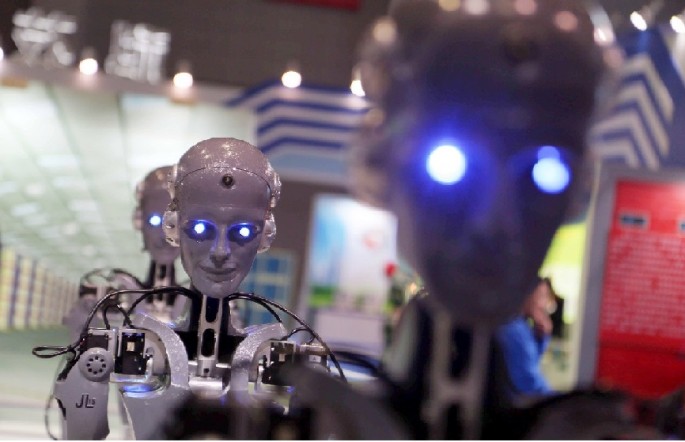This year’s China International Industry Fair will feature the country’s latest innovations in industrial and environmental technology. China will introduce its “Made in China 2025” plan, which aims to flaunt recent advances in robotics, automotive, aviation and environmental care technology. as well as to announce certain areas of focus to improve the country’s global standing in industrial work.
Now on its 17th year, the fair hails a theme focused on a decade-long plan to improve China's low-cost, mass manufacturing industry via more intelligent designs and automation with notable considerations to the environment as added features.
The fair serves as an optimal venue for robotics companies to debut their latest offerings, such as ASEA Brown Boveri's (ABB) IRB 8700, its largest robot to date. The state-of-the-art equipment boasts of a 3.5-meter reach, payload capacity of 800 kilograms (0.90 U.S. ton), and cost-effectiveness since it runs on just a single motor and fewer parts than usual.
German company Kuka displayed the KR CYTEC nano series, its new product among its low-payload line. The robot's small build makes it ideal for limited work floors and has a maximum payload of 19 kilos.
"We have significantly reduced the disruptive contours of the robot, while the streamlined design of the wrist ensures better accessibility, even in confined workspaces," KUKA product manager Markus Hollfelder-Asam said.
In 2014, industrial robots sales within China clocked at over 57,000 units, making it presently the largest robotics market in the world. And with a 56-percent jump from the previous year, which is around a 25-percent share of the world's global sales, China is also the fastest growing market in robotics.
Despite the mentioned accolades, China remains to be below the global average when it comes to robot-to-human ratio in an industrial setup, with 10,000 workers to 36 robots against the 66 world average.
As a move to improve this statistic, "Made in China 2025" lists robotics as one of the top priorities to work on, with plans to boost every aspect of robotics development and manufacture.
The China International Industry Fair's host city, Shanghai is in itself sparking a revolution of an innovation-driven Chinese economy. Multinational corporations have been choosing the city to set up their research and development headquarters. About 25 percent of China's total R&D infrastructures can be found in Shanghai.
The fair opened its doors on Tuesday, Nov. 3, and will wrap up on Saturday, Nov. 7.



























